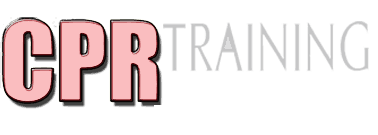Posted: August 12, 2015
Poison pertains to any solid, liquid or gas substance that can result to health impairment, and even death, when introduce into the body or onto the skin surface. There are four ways of introducing the poison into our body: (1) ingestion – by mouth, (2) inhalation – by breathing, (3) absorption – by skin contact,
Posted: July 6, 2015
Patient/ casualty handling talks about how to give proper management to an injured or sick individual should an accident or emergency take place. Patient/ casualty handling has three components: (1) emergency rescue, (2) transfer and (3) initial triage or tagging. Patient/ Casualty Handling: Emergency Rescue One of the components of patient/ casualty handling is emergency
Posted: May 15, 2015
Unstable angina is chest pain or discomfort that happens when there is an insufficiency in the amount of blood that reaches the heart. It has an irregular pattern, thus its onset is unpredictable. It can be differentiated from stable angina that has a usual pattern of severity and onset, such as strenuous activity, but can
